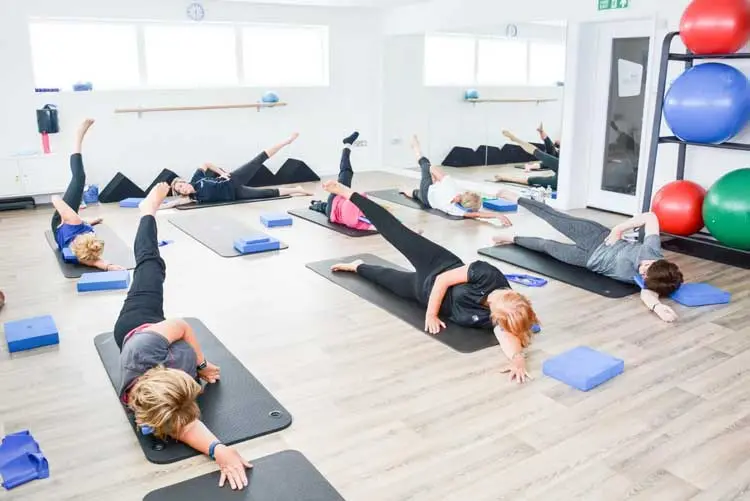
I’ve just recently read a great book, titled Why We Sleep, by the neuroscientist, Matthew Waker.
I wanted to share a summary of the relevant sections, which I thought would be enlightening and useful for you keen, active, health conscious runners. If it sparks your interest, I would thoroughly recommend getting hold of a copy to read it in full. It really is fascinating!
Walker explains that:
“Sleep is one of the most important aspects of life, health and longevity and yet it is increasingly neglected in 21st century society”
For the active runner, adequate sleep is crucial to help in learning new motor skills, improving athletic performance and mitigating injury risk!
In the book, Walker explains that the term ‘muscle memory’ is a misnomer, muscles have no such memory, and that in fact ‘muscle memory’ is really ‘brain memory’. As humans, we learn new motor skills and movement routines through practice. For a runner it could be working on running technique, training or strengthening muscles in the gym, which can help us better execute a skilled memory routine (running). But the routine itself – the memory programme resides firmly and exclusively within the brain.
Research over the past 20 years has unequivocally demonstrated that after practicing any motor skill, your brain will continue to improve skill memories in the absence of further practice after a full night sleep. Walker concludes that in fact
“Practice does not make perfect, it is practice followed by a nights sleep that leads to perfection”
Sleep helps the brain automate the movement routines – helping them become second nature and effortless – precisely the goal of many sports coaches when perfecting the skills of their athletes.
The 100-metre sprinter superstar Usain Bolt has, on many occasions taken naps in the hours before breaking the world record and before Olympic finals in which he won gold. The author’s studies support this wisdom: day time naps that contain sufficient numbers of sleep spindles also offer significant motor skill memory improvement, together with a restoring benefit on perceived energy and reduced muscle fatigue.
“Sleep is one of the most sophisticated, potent and powerful – not to mention legal – performance enhancer’s everyone should be using fully”
The book’s findings are backed up with more than 750 scientific studies that have investigated the relationship between sleep and human performance. Anything less than 8 hours of sleep a night and especially less than 6 hours a night and the following can be experienced:
- Time to physical exhaustion drops by 10 to 30%
- Aerobic output is significantly reduced
- Similar impairments are observed in power output, measured by limb extension force & vertical jump height
- Decrease in peak and sustained muscle strength.
- Marked impairments in cardio-vascular, metabolic and respiratory capabilities linked to a decrease in the amount of air the lungs can expire
- The ability of the body to cool itself during physical exertion through sweating, a critical part of peak performance, is impaired
Injury Risk
There is also a significant increase in the risk of injury with a lack of sleep.
“There is no better insurance policy to mitigate the risk of injury than sleep!”
Described in a research study of competitive young athlete’s in 2014, Walker explains that a chronic lack of sleep across a season predicted a massively higher risk of injury, as illustrated on the graph below.

Sleep after sporting performance is just as crucial for recovery. The book states that
“Post performance sleep accelerates physical recovery from common inflammation, stimulates muscle repair, and helps restock cellular energy in the form of glucose and glycogen”
What does all this mean for the local fun runner?
Regardless of running ability, sleep is equally important for anyone who is physically active. Until recently the experts thought that adequate sleep, good nutrition and exercise were the 3 fundamentals on which to live a healthy life.
However, through a large body of research over the last 20 years, Walker has highlighted that adequate sleep is the foundation on which being healthy and exercising effectively is built upon.
In other words….without adequate sleep you will not gain the full potential benefits of a healthy diet and regular exercise. So, you should be aiming for between 7-8 hours of sleep each night, especially in the midst of a running training programme, to allow your body to recover and achieve the full benefits of training.
For further information, please read Why We Sleep, by Mathew Walker



